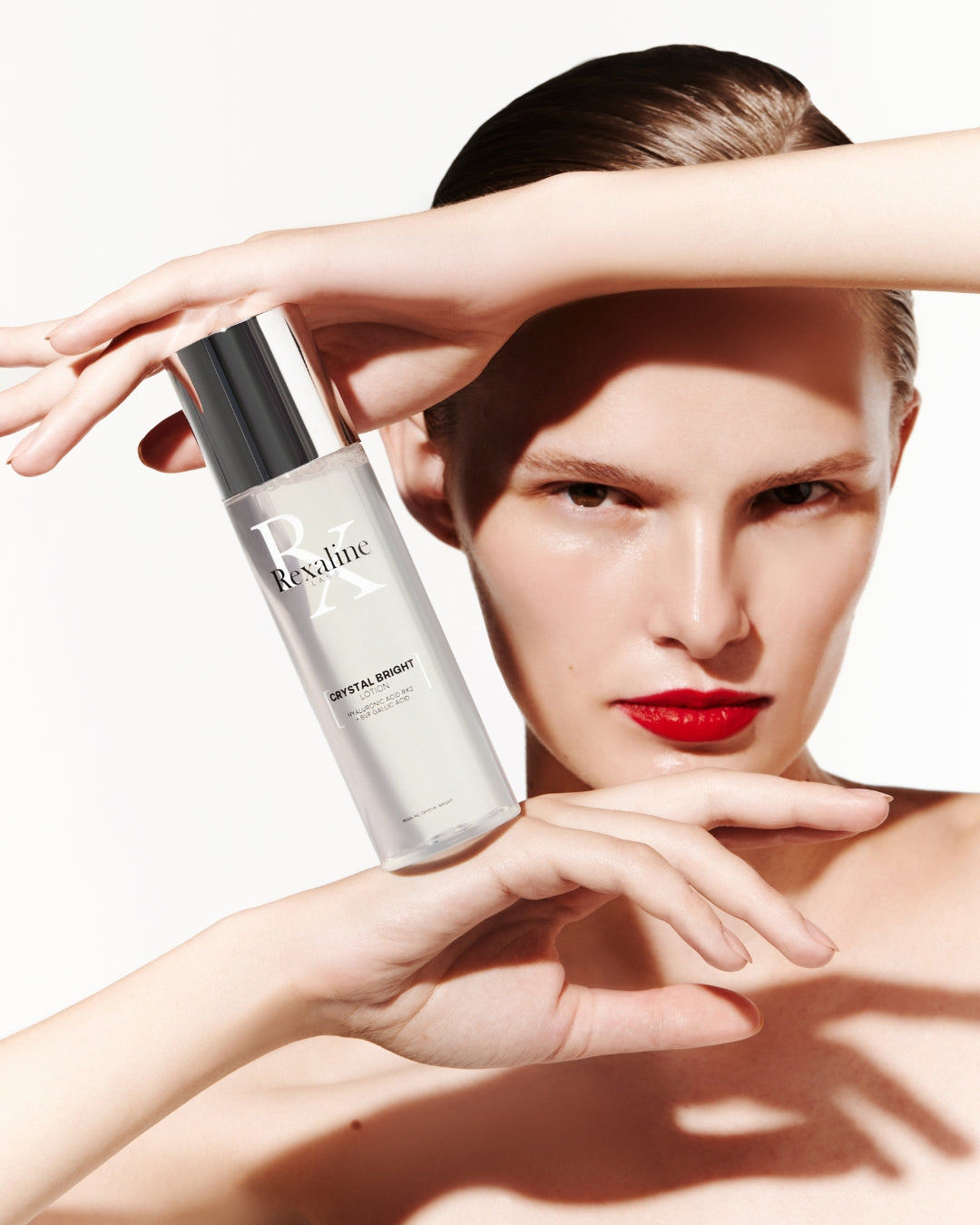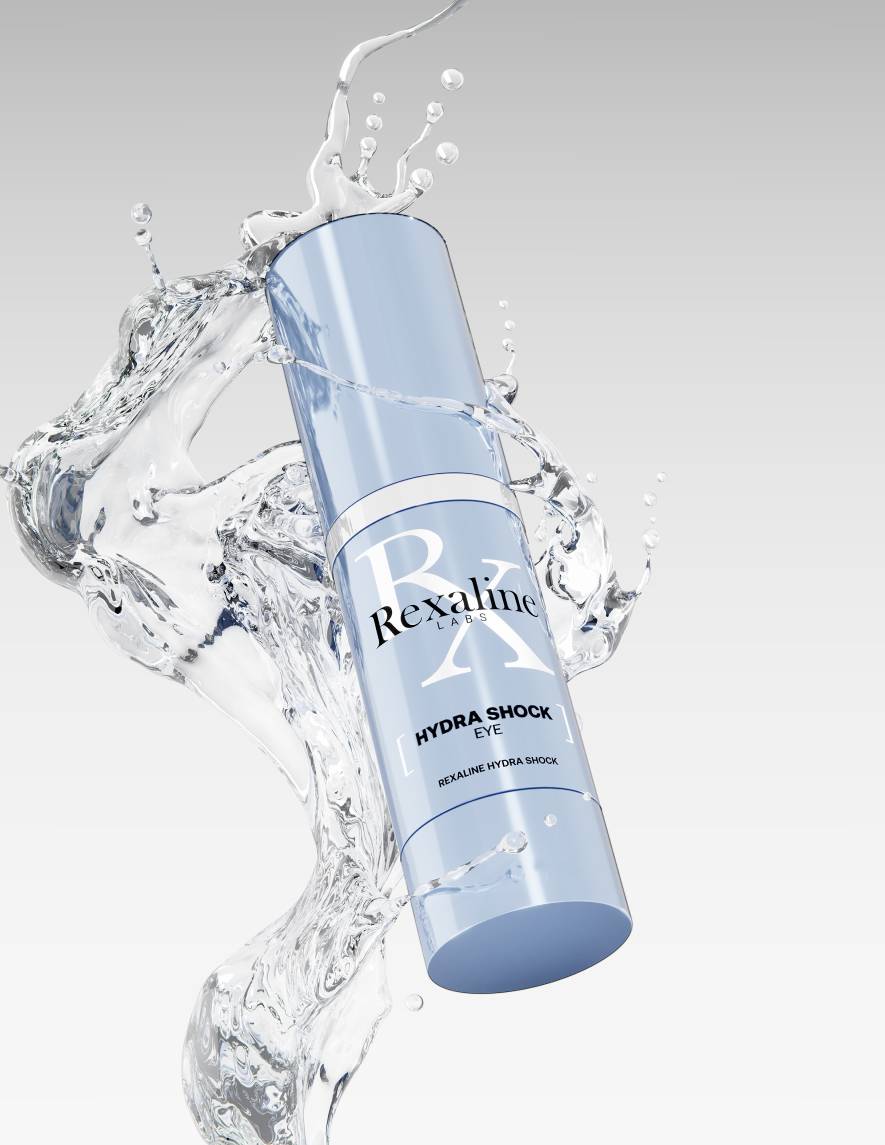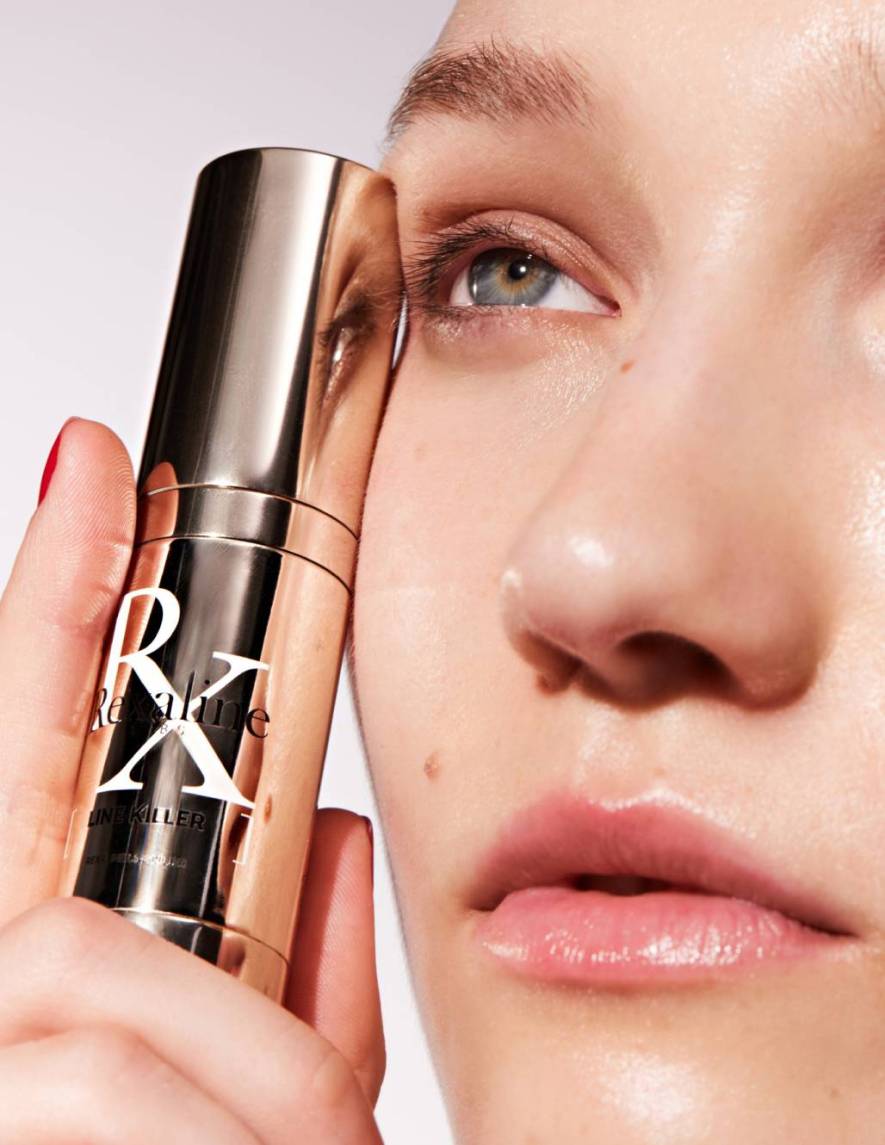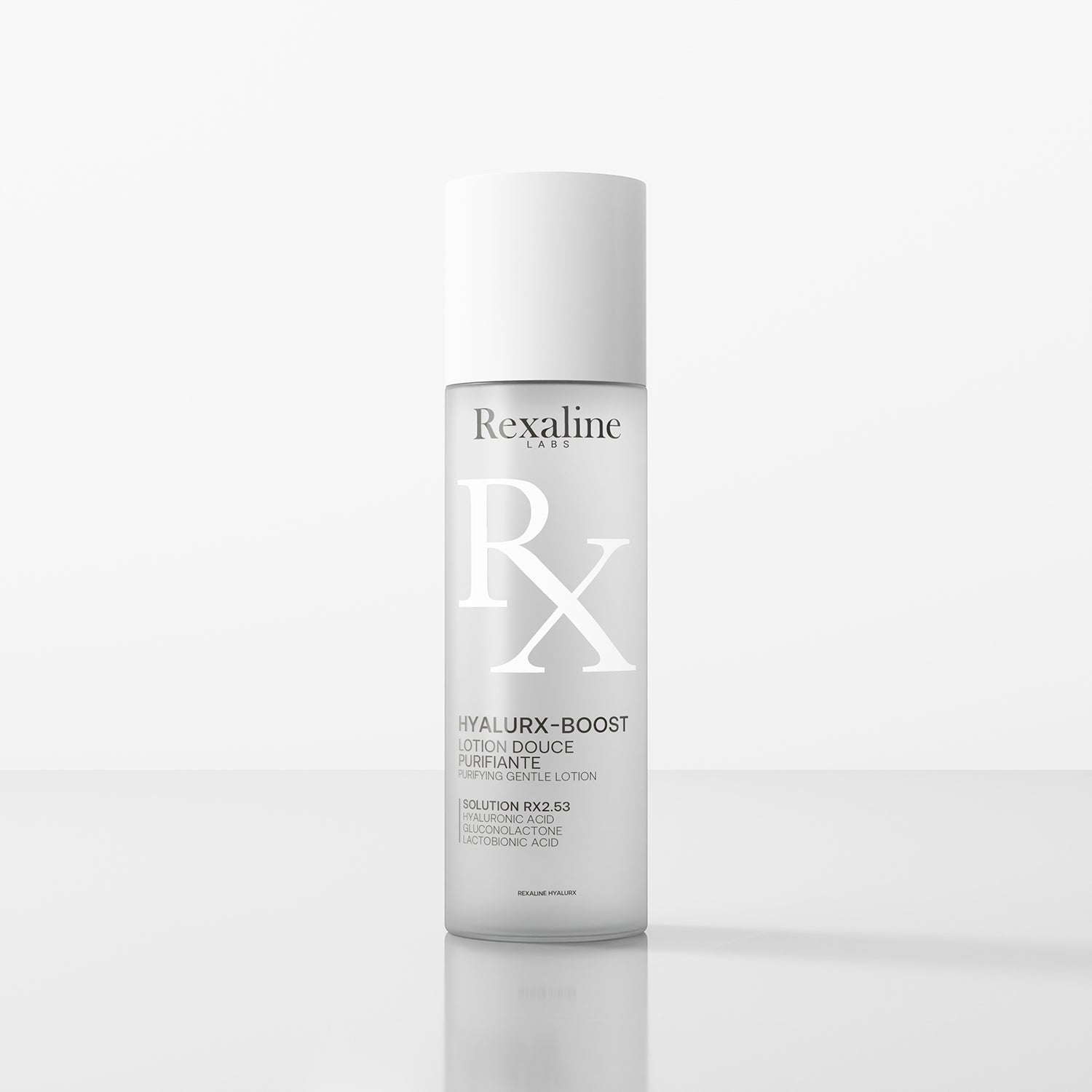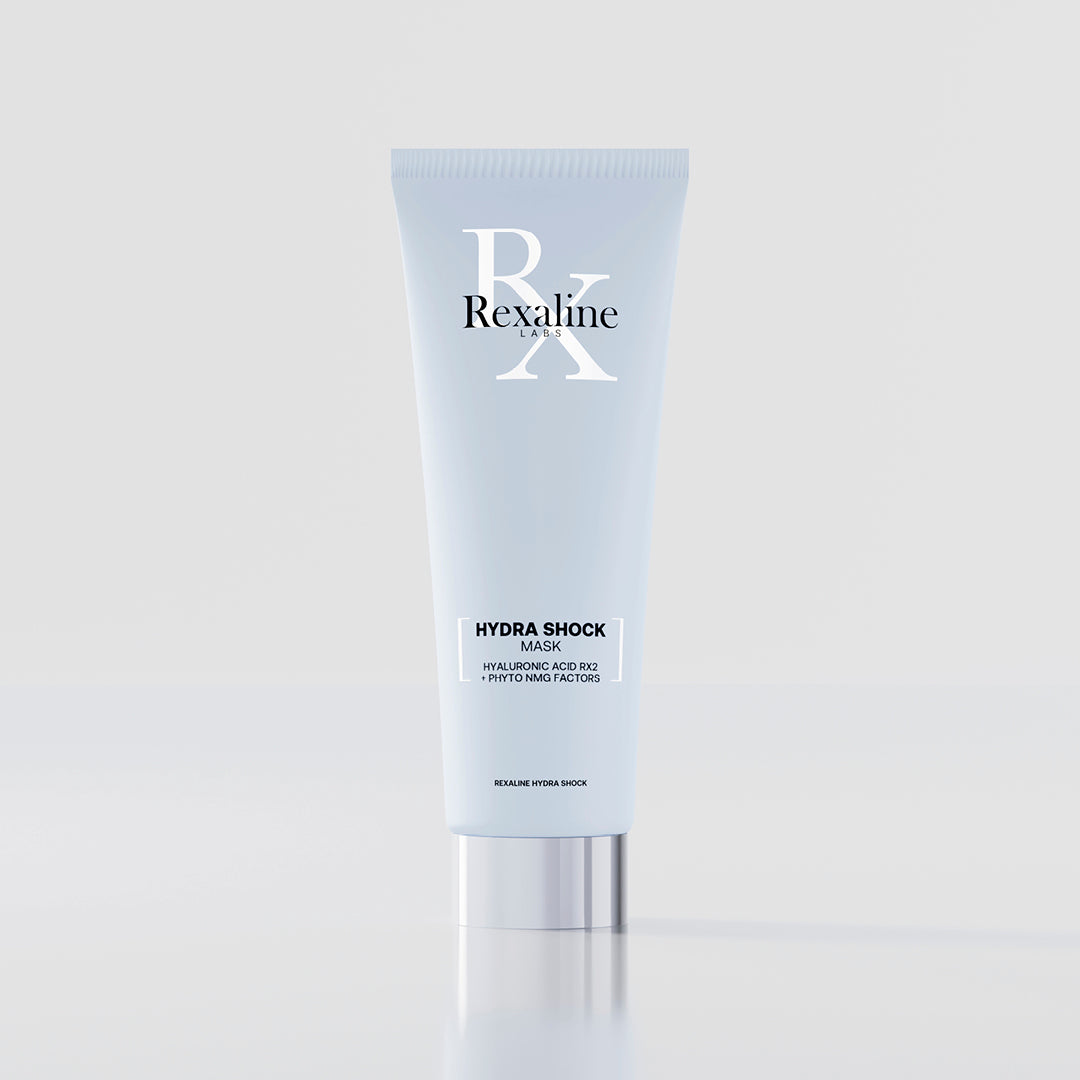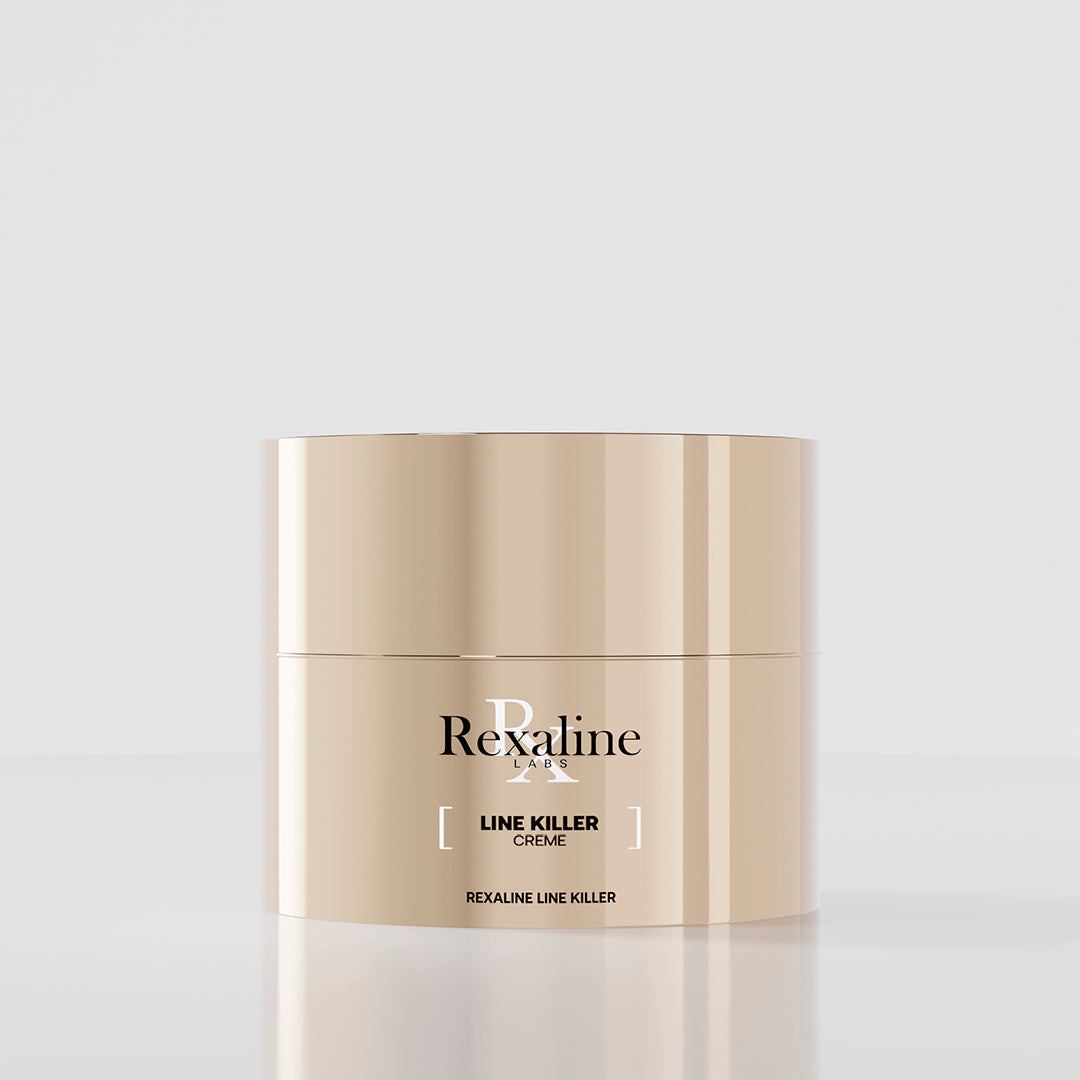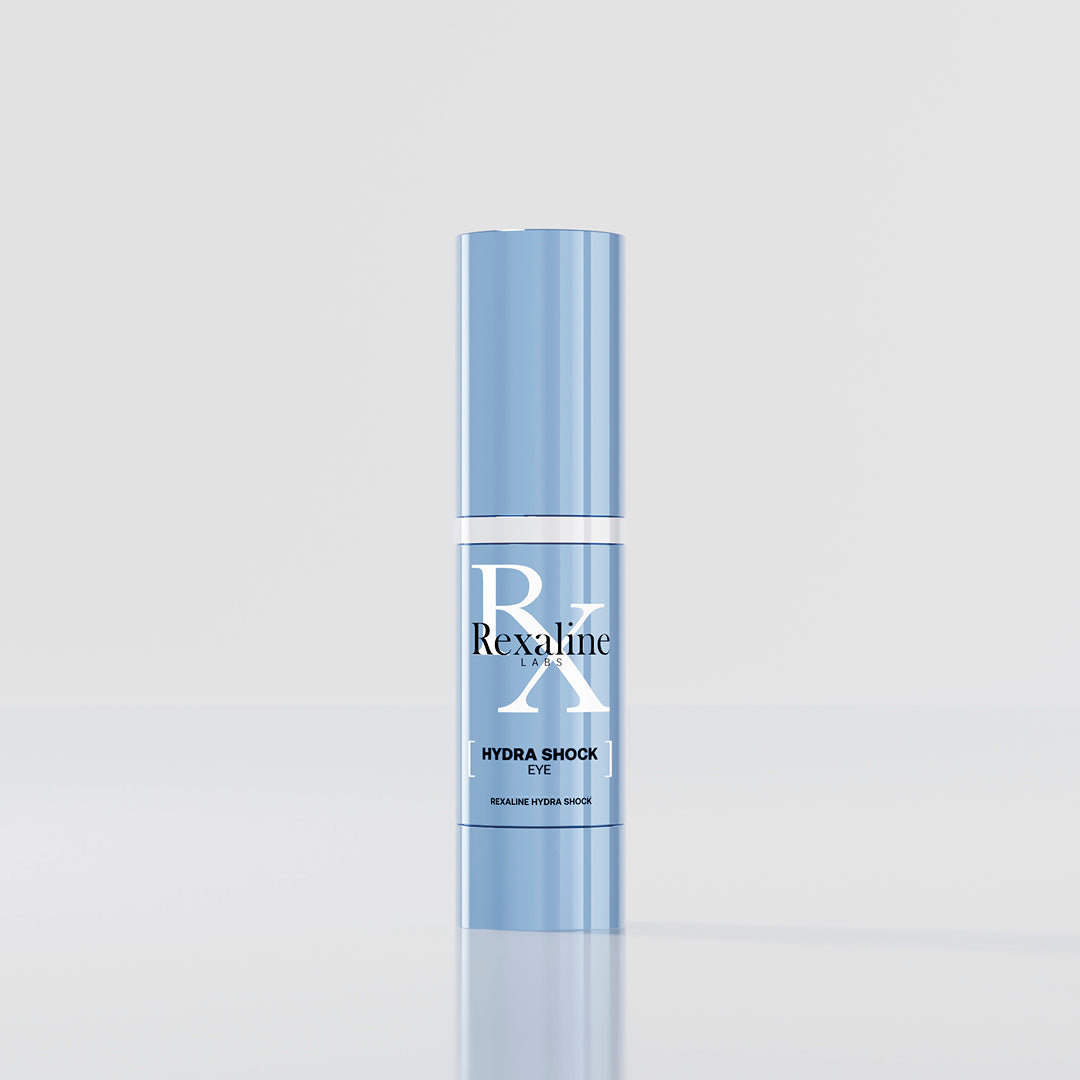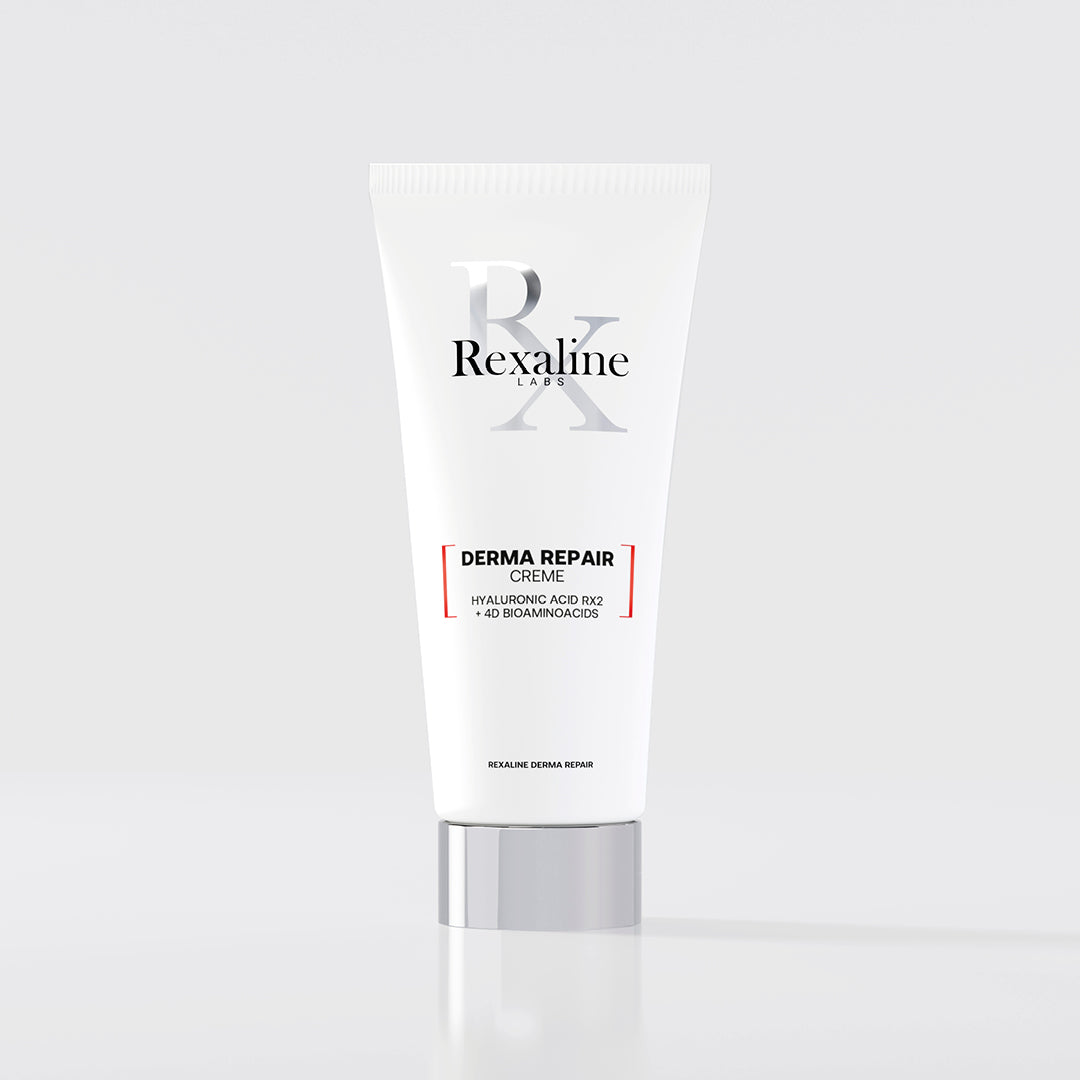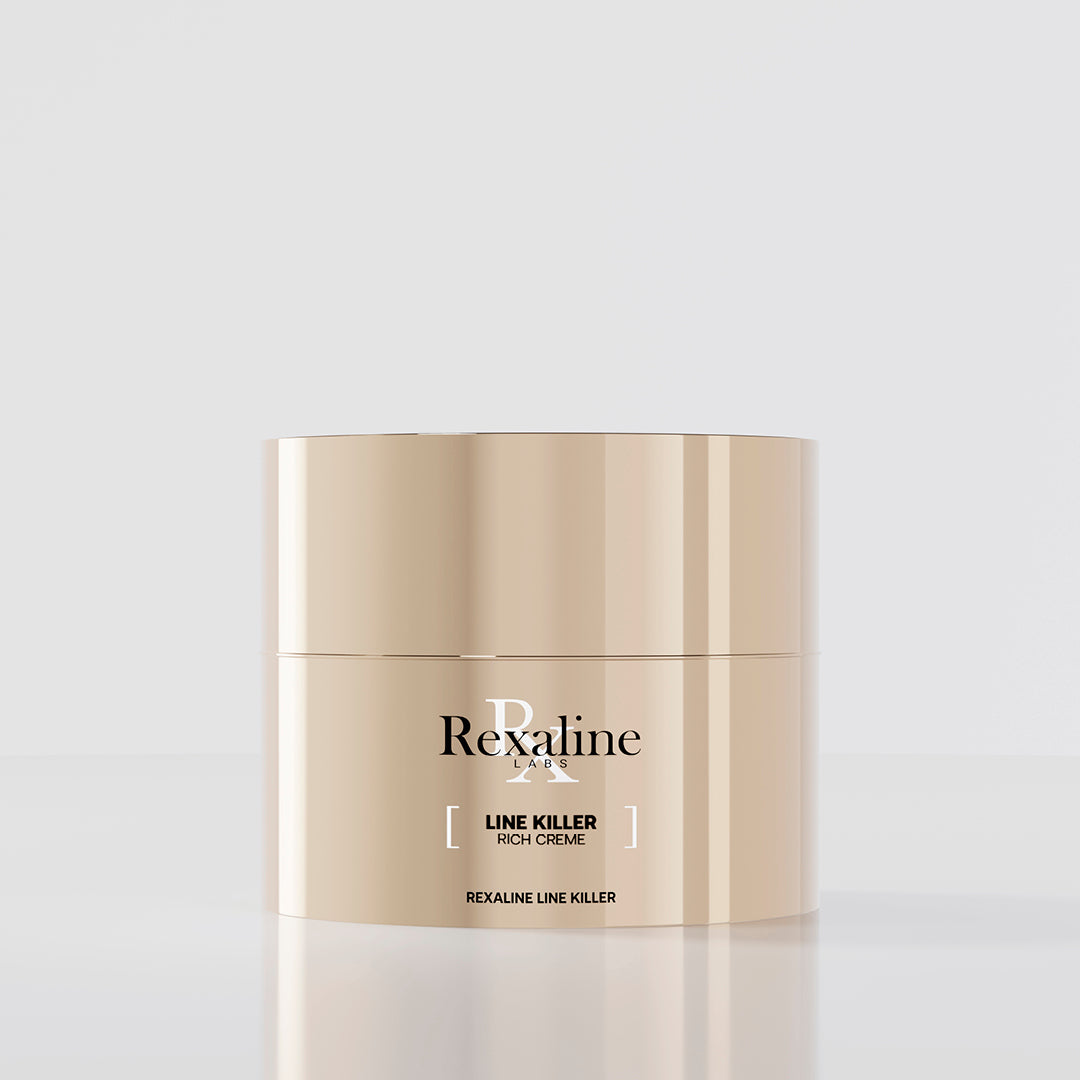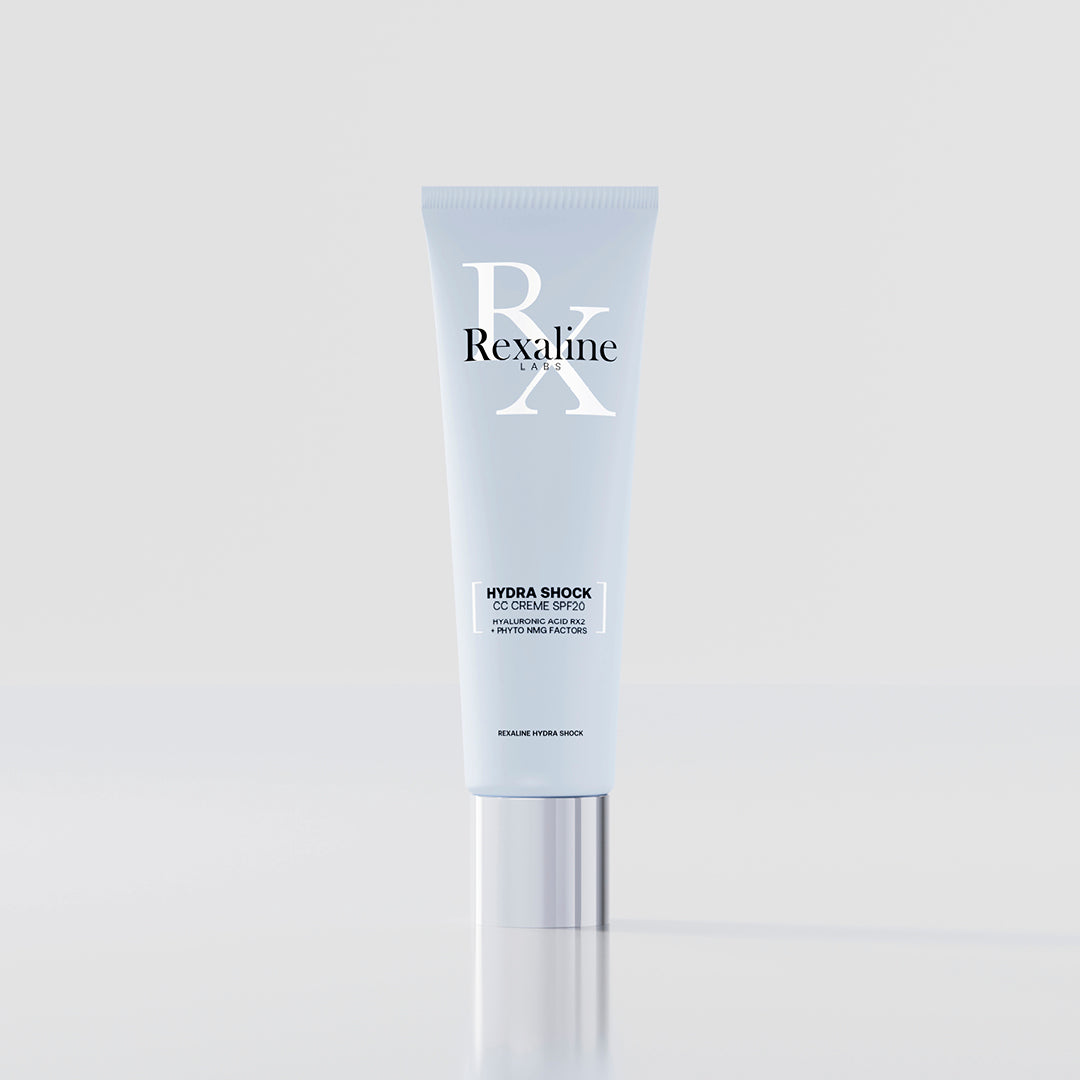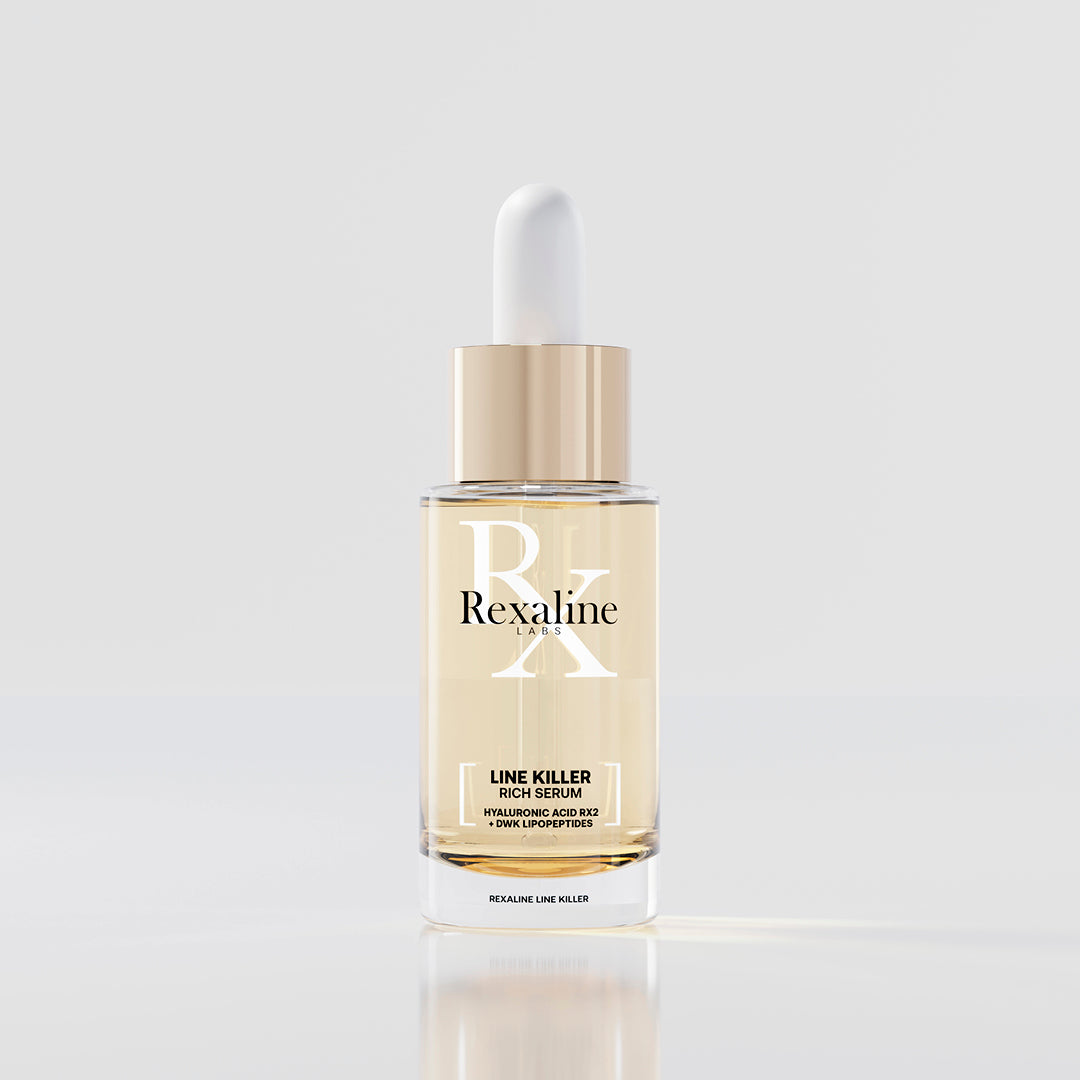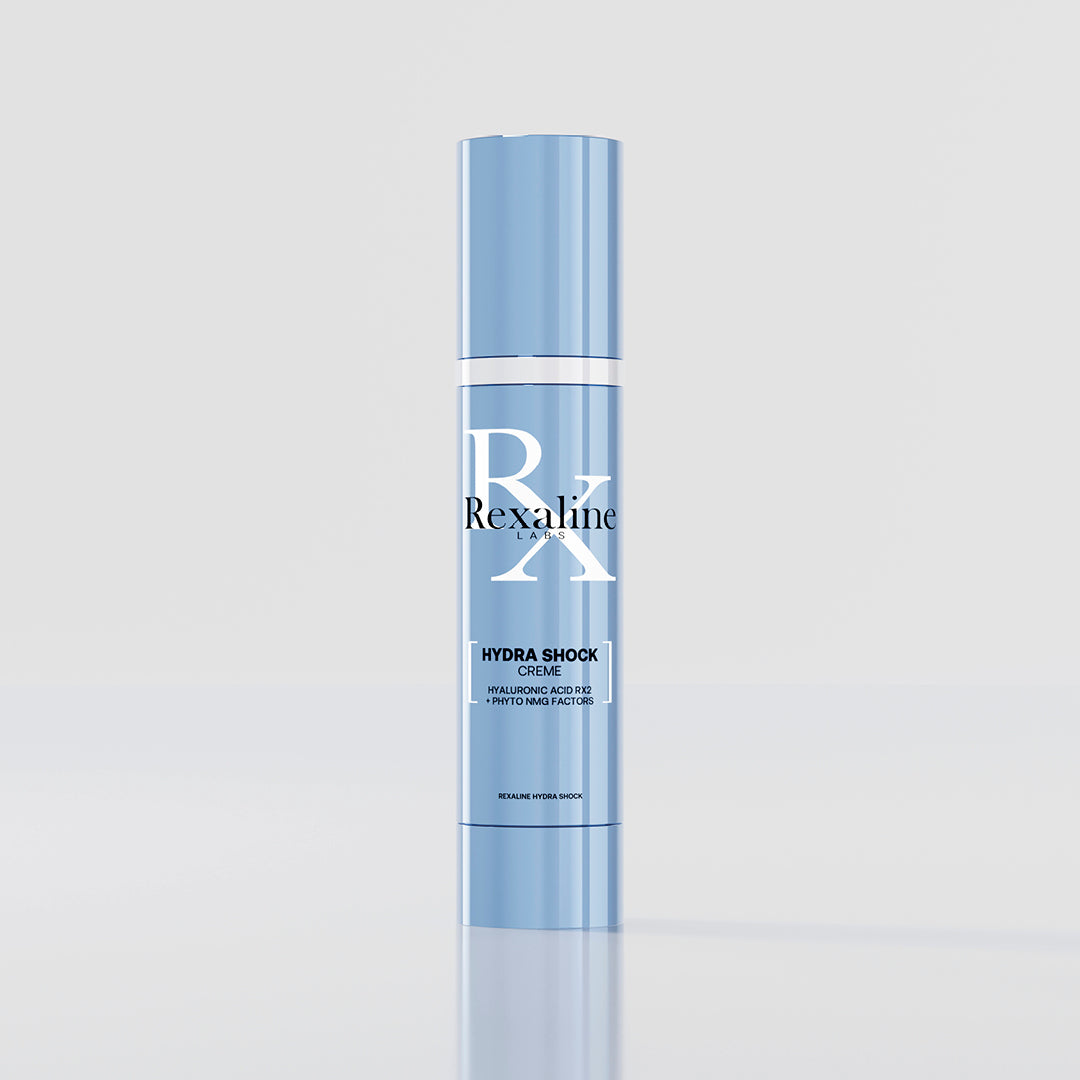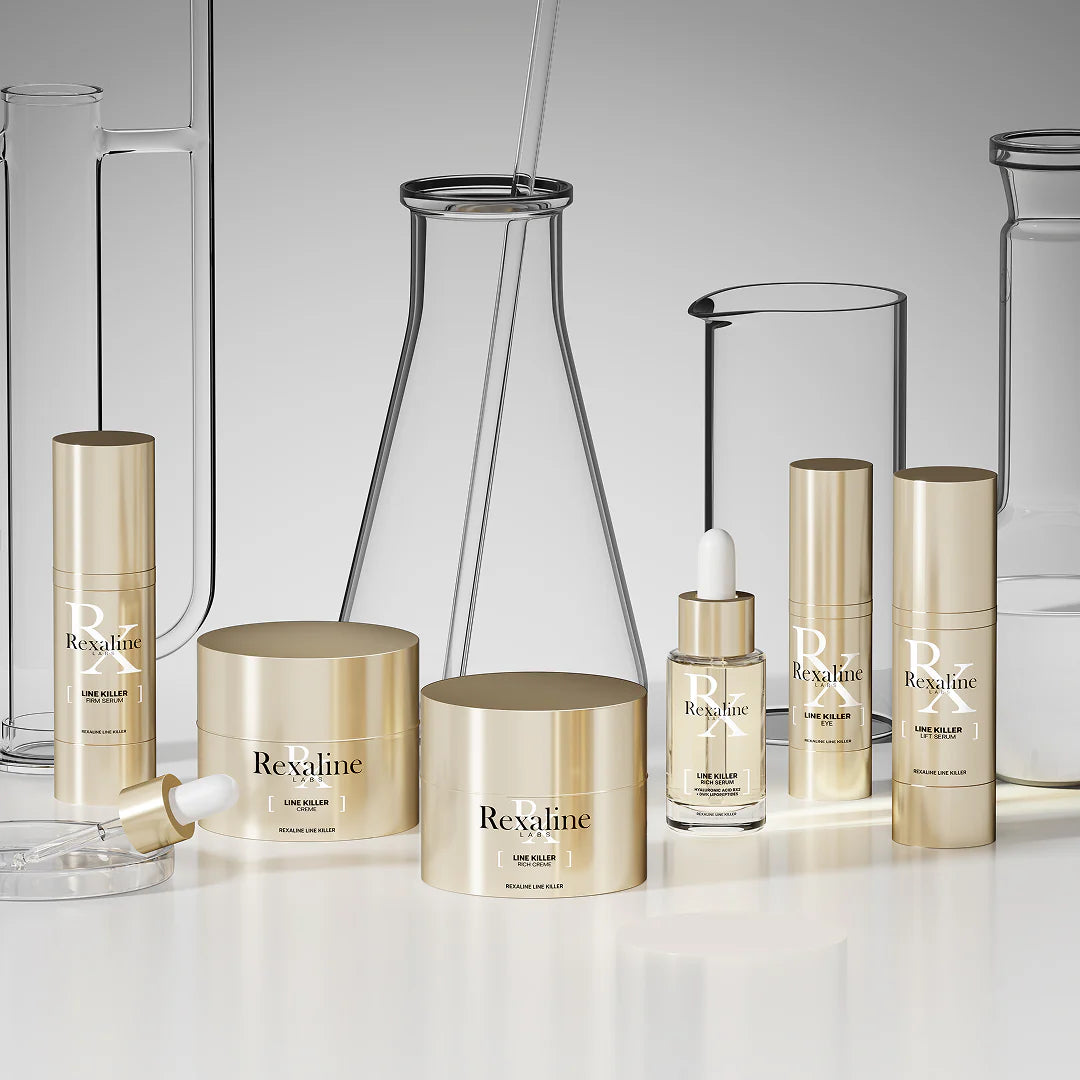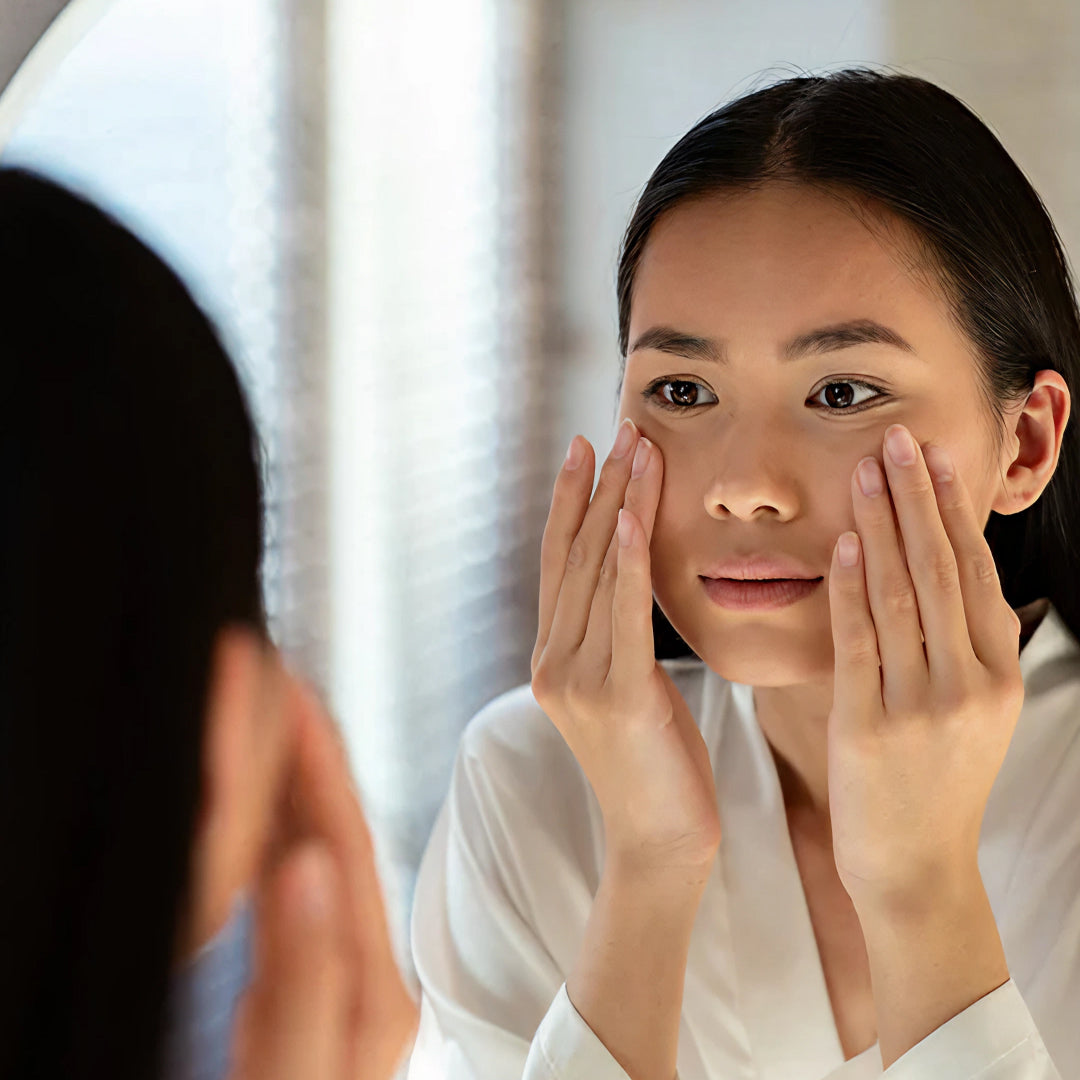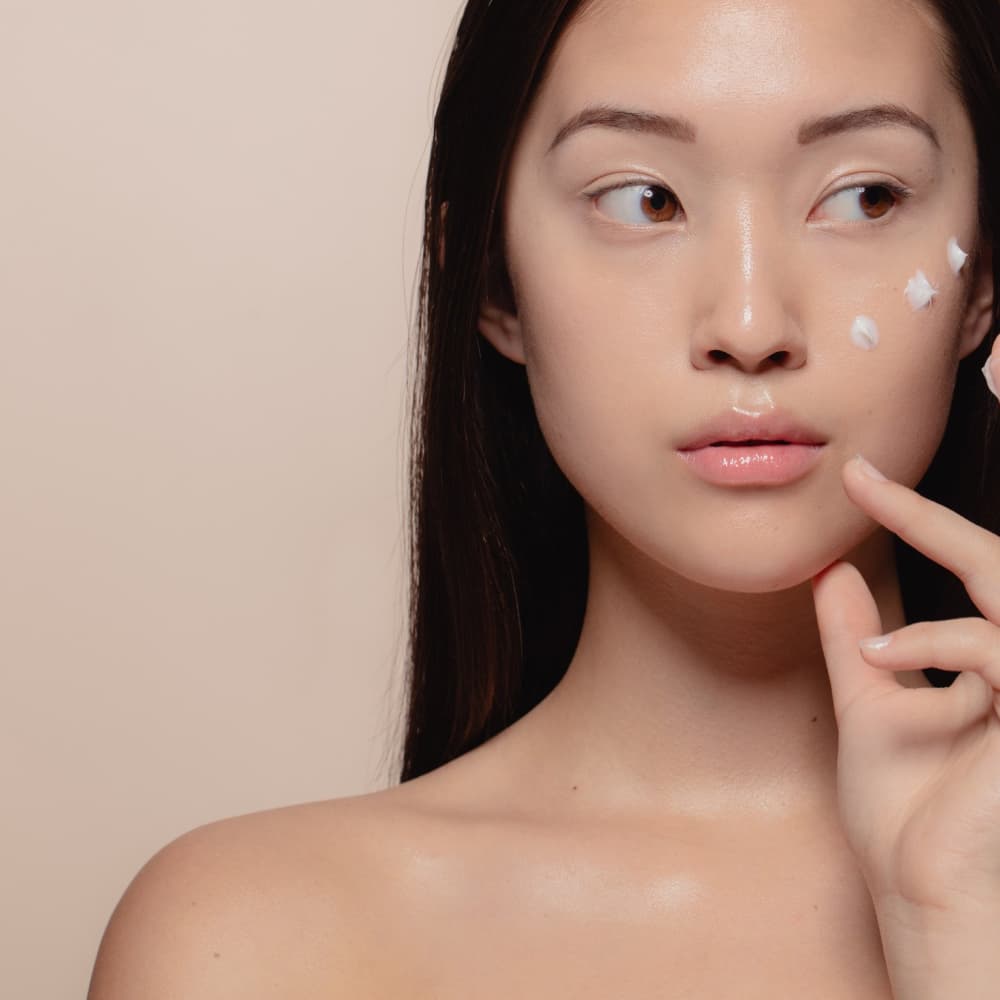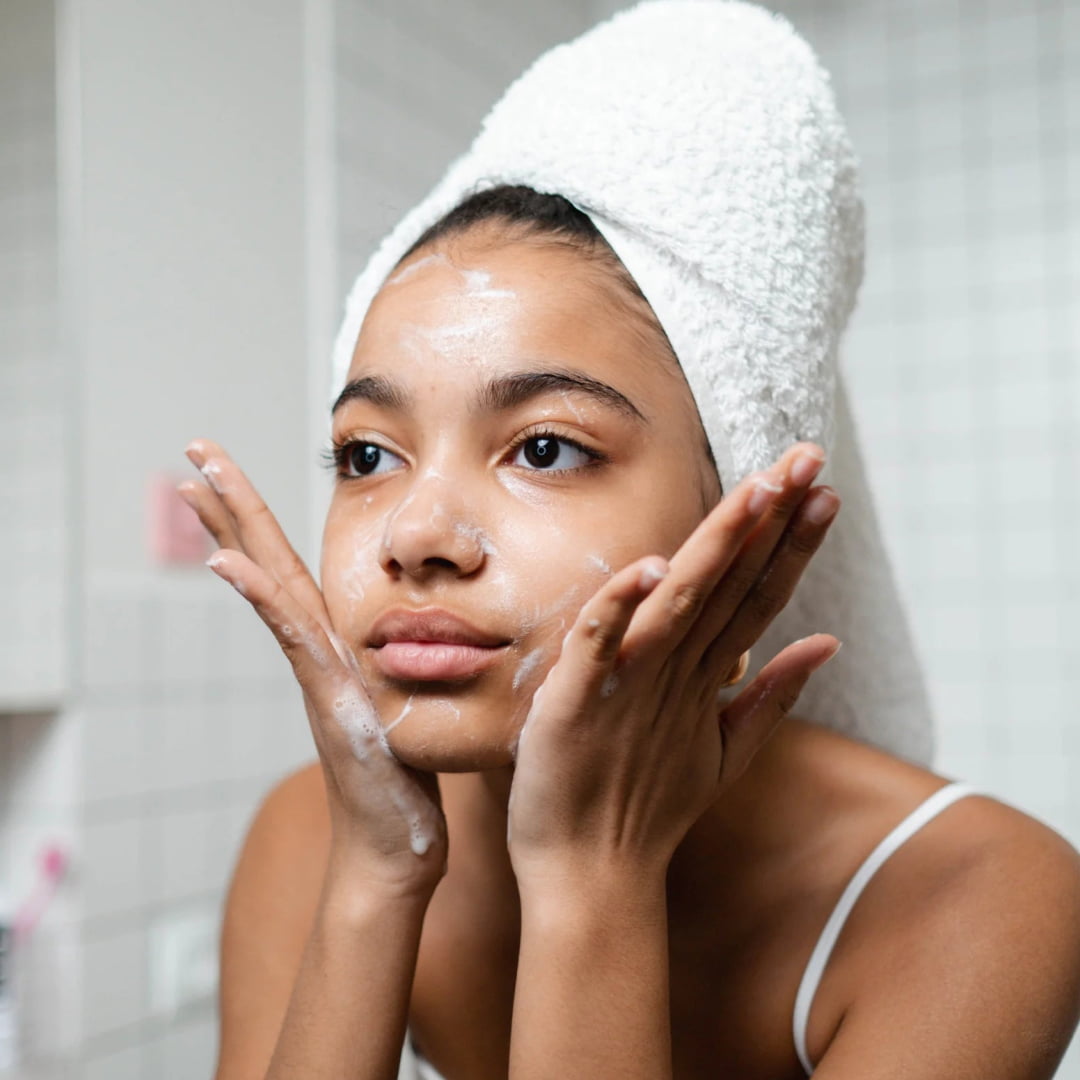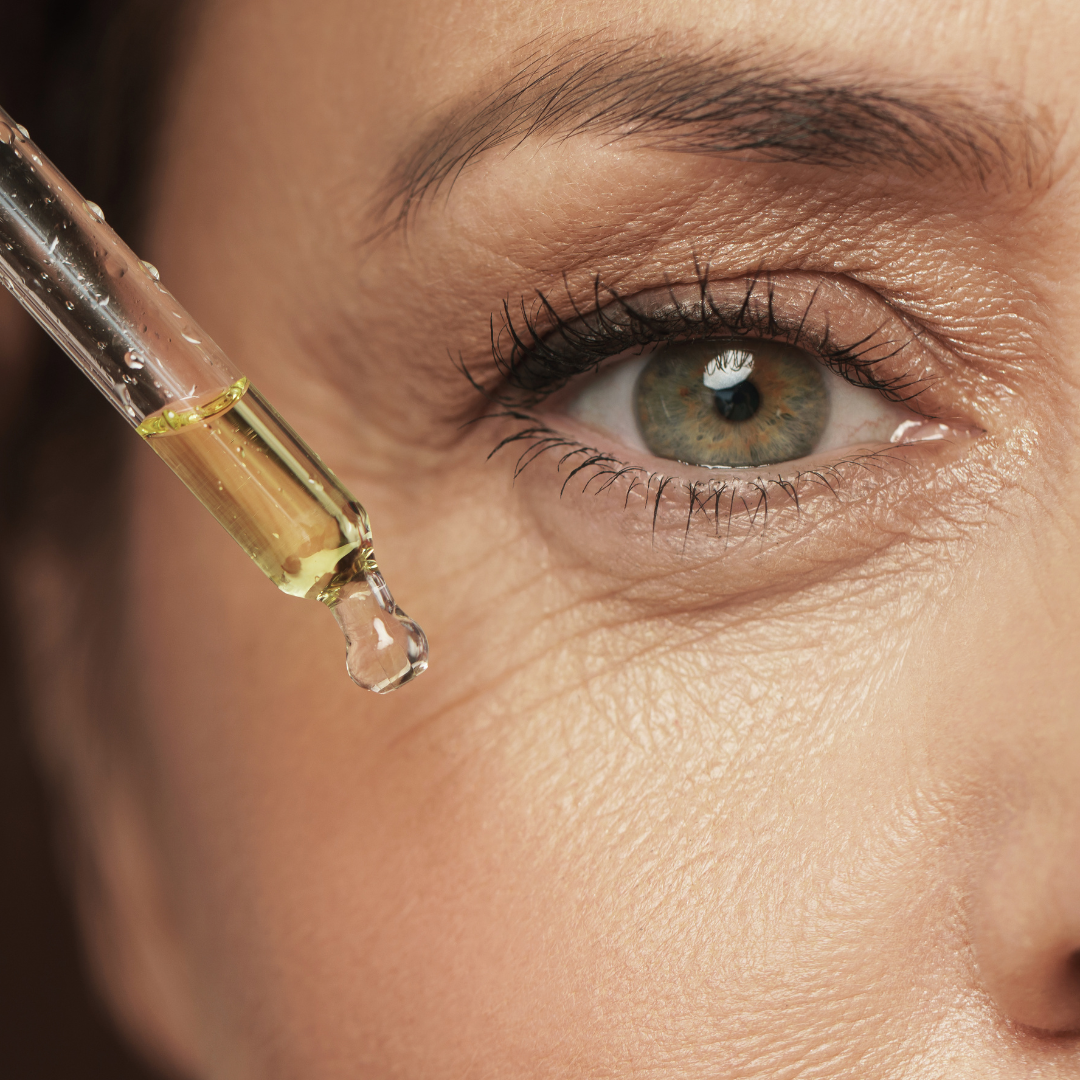
Can you apply oil to oily skin?
Oil is often associated with hydration and skin care, but can it be used on oily skin without aggravating excess oil problems? To answer this question, we consulted a dermatology expert who shares her knowledge and sound advice.
1 . Understanding the nature of oily skin
Oily skin is characterized by overproduction of sebum, which can lead to enlarged pores, shine and sometimes imperfections like acne spots. It is important to understand that each skin is unique and reacts differently to the products applied.
2. The benefits of oils for the skin
Natural oils, such as jojoba oil, grapeseed oil, or even argan oil, can have beneficial properties for the skin. They can help to deeply hydrate, regulate sebum production and protect the skin barrier.
3. Choose the right oils
For oily skin, it is recommended to opt for light, non-comedogenic and fast-absorbing oils. These oils do not clog pores and can even regulate sebum production, helping to maintain skin balance.
Tips: discover the Line Killer Rich Serum from Rexaline, a nourishing anti-wrinkle oil with hyaluronic acid and peptides.
4. The right frequency of application
Applying oil to oily skin should be done sparingly and in moderation. A few drops are enough to cover the entire face or targeted areas. It is recommended to apply it preferably in the evening, after cleansing the skin, for better absorption overnight.
5. The expert’s opinion
"Oils can be beneficial even for oily skin, as long as you choose the right oils and use them in moderation. They can help rebalance the skin and provide necessary nutrients without clogging pores."
In conclusion, applying oil to oily skin is possible, provided you choose suitable oils and respect moderate use. Always consult a dermatologist for personalized advice based on your skin type and specific needs.
